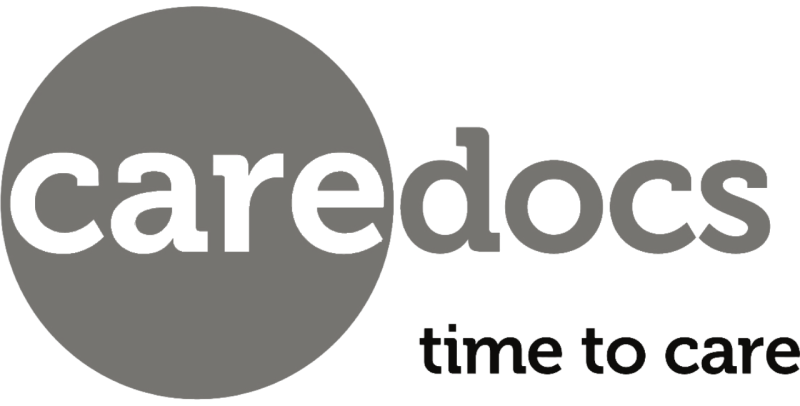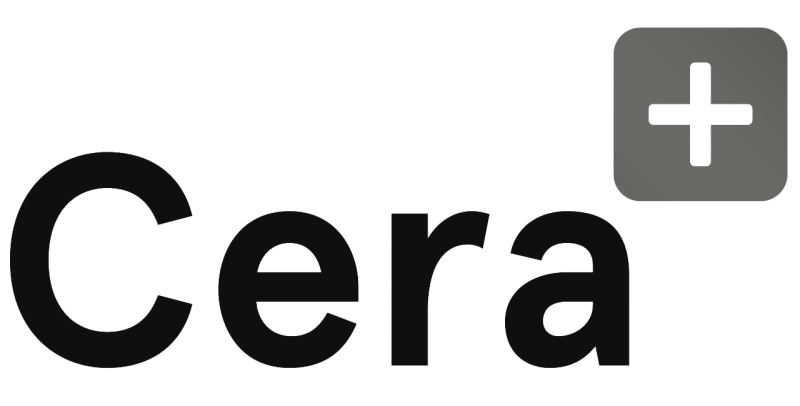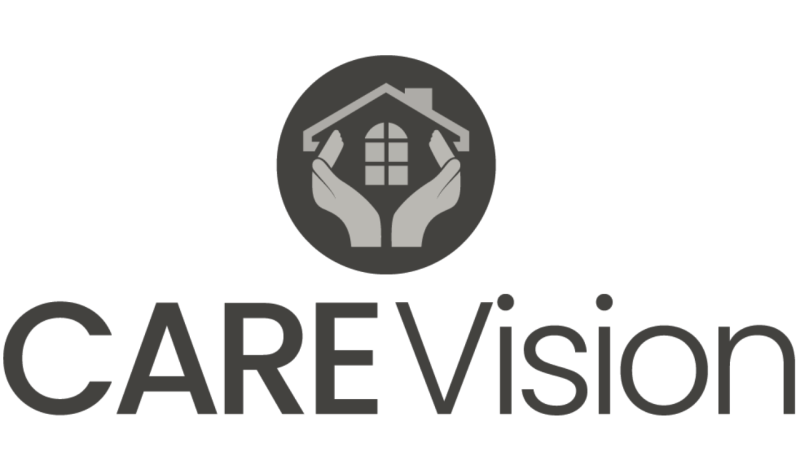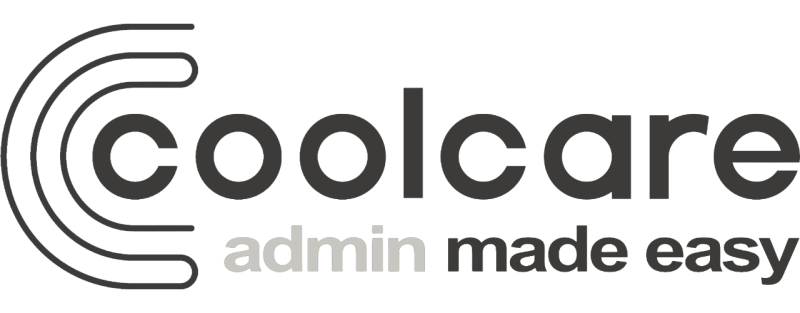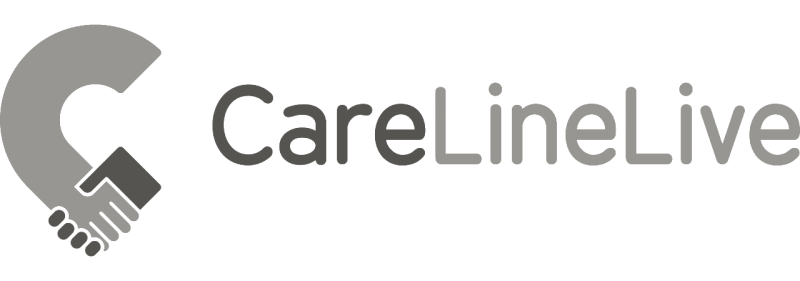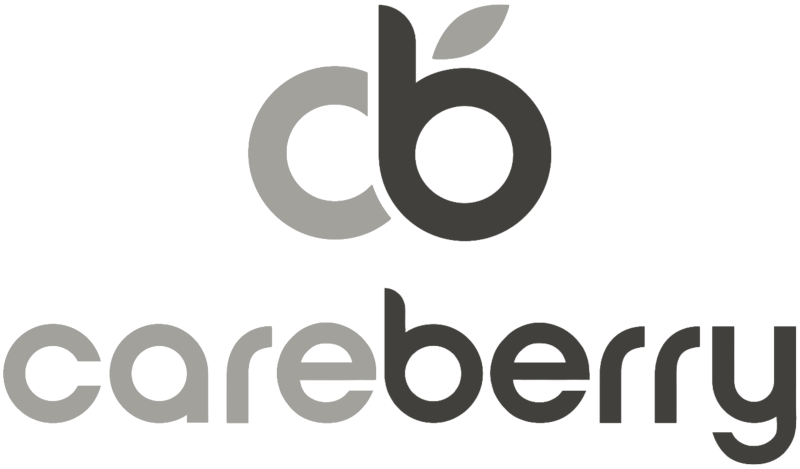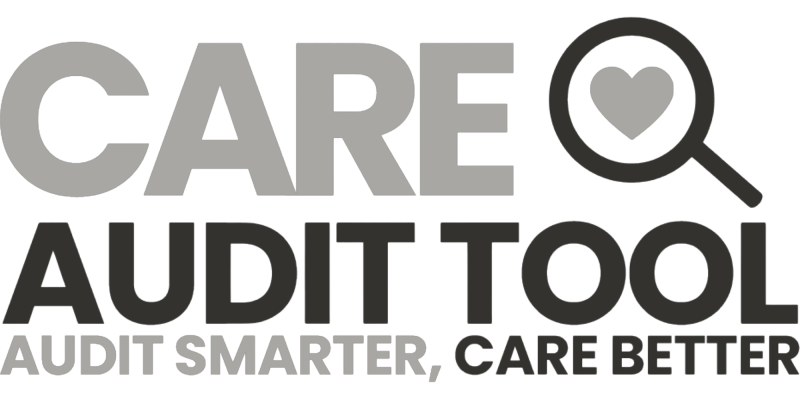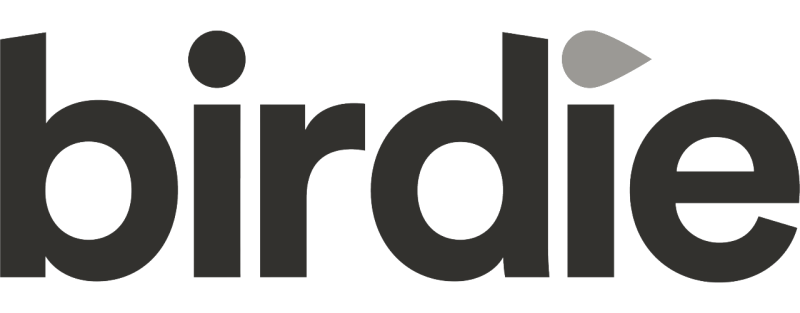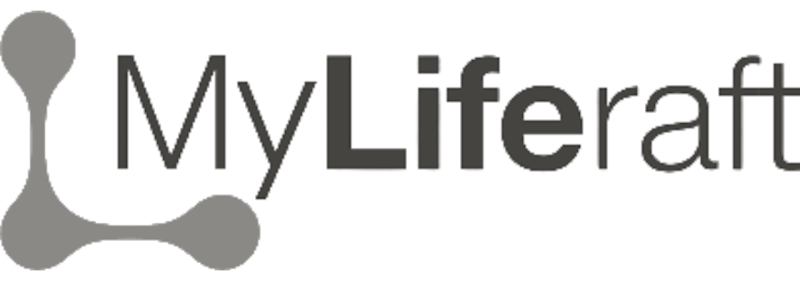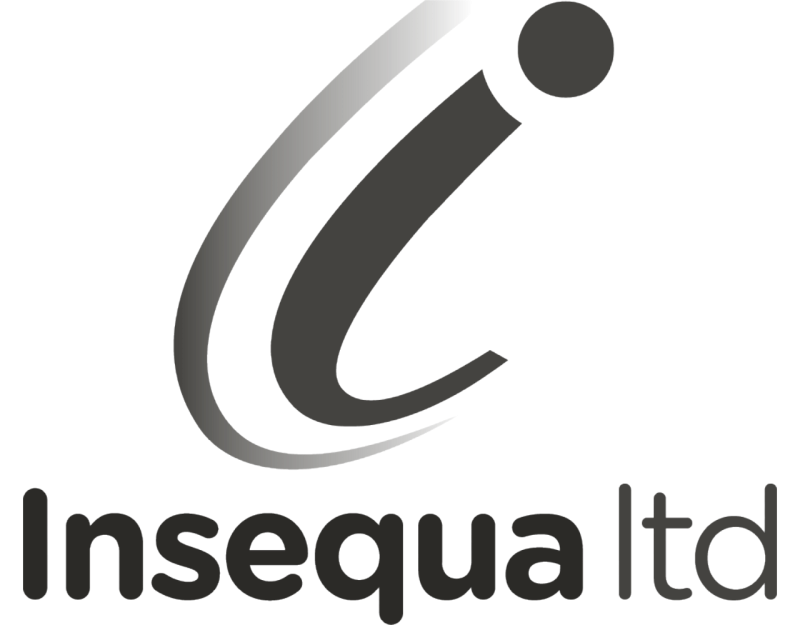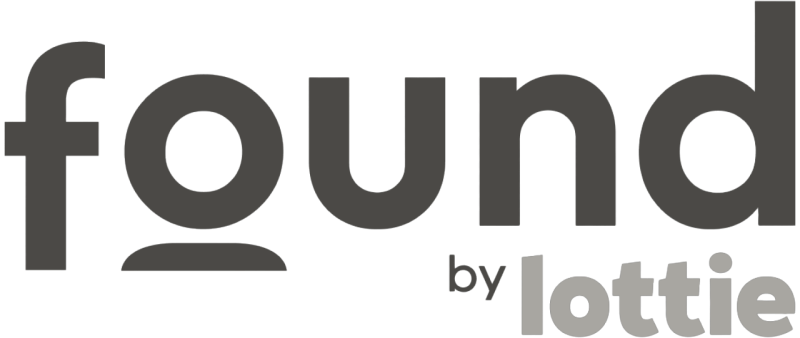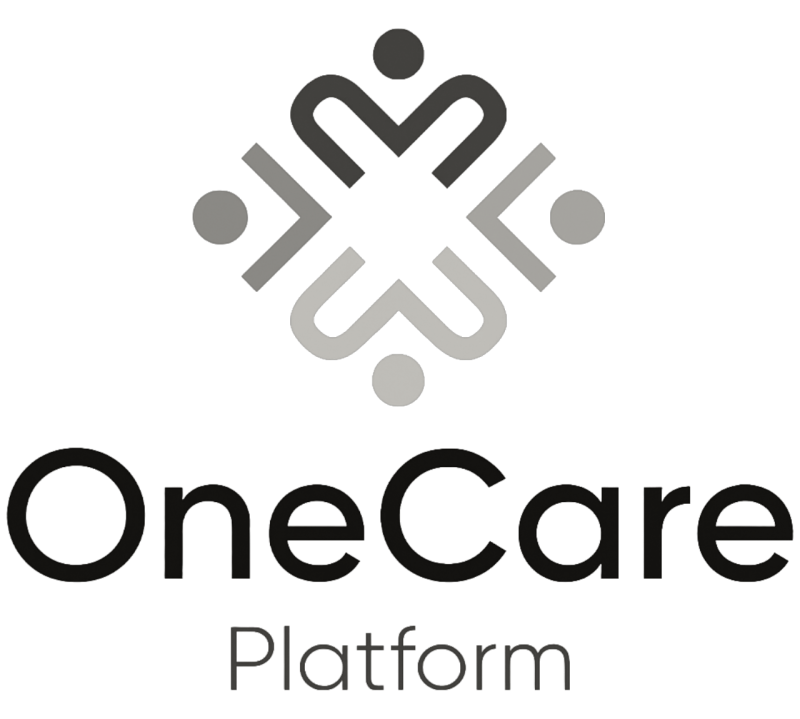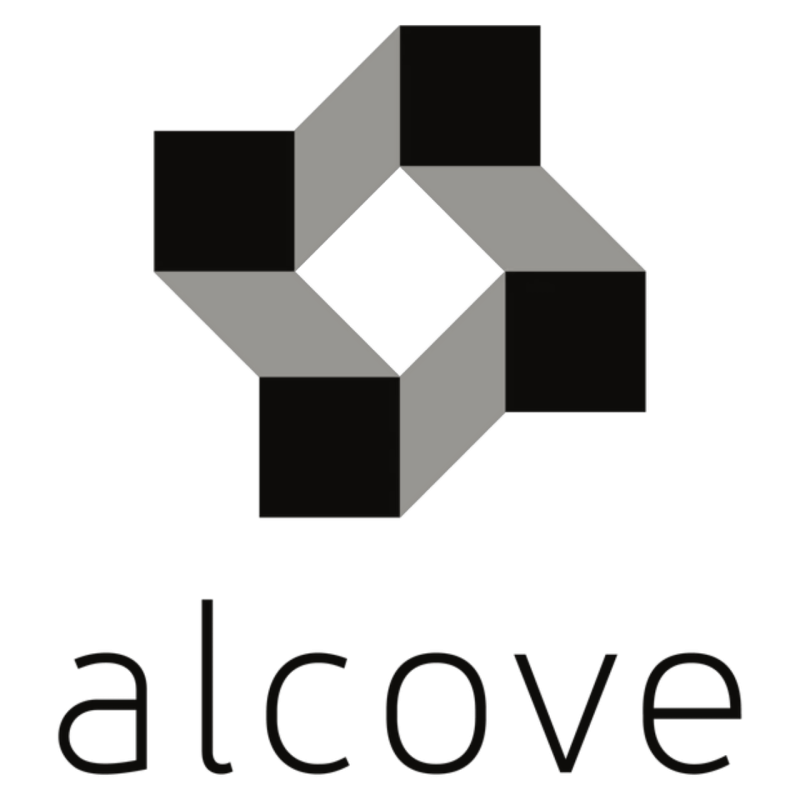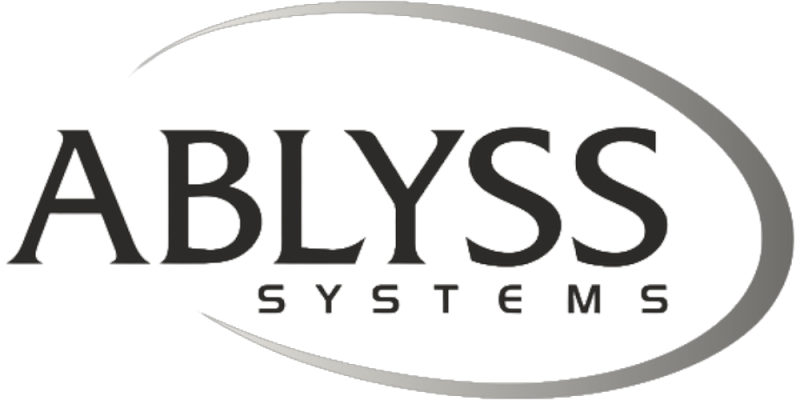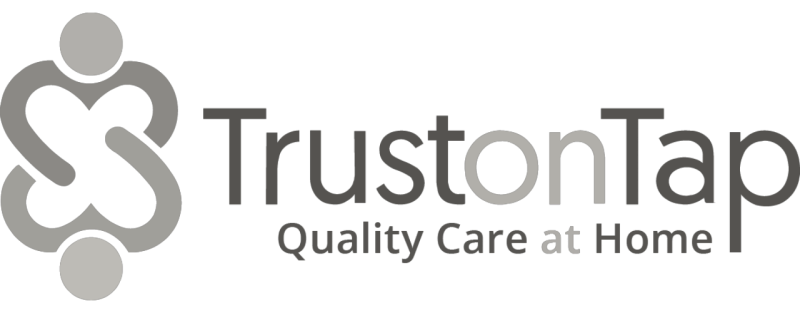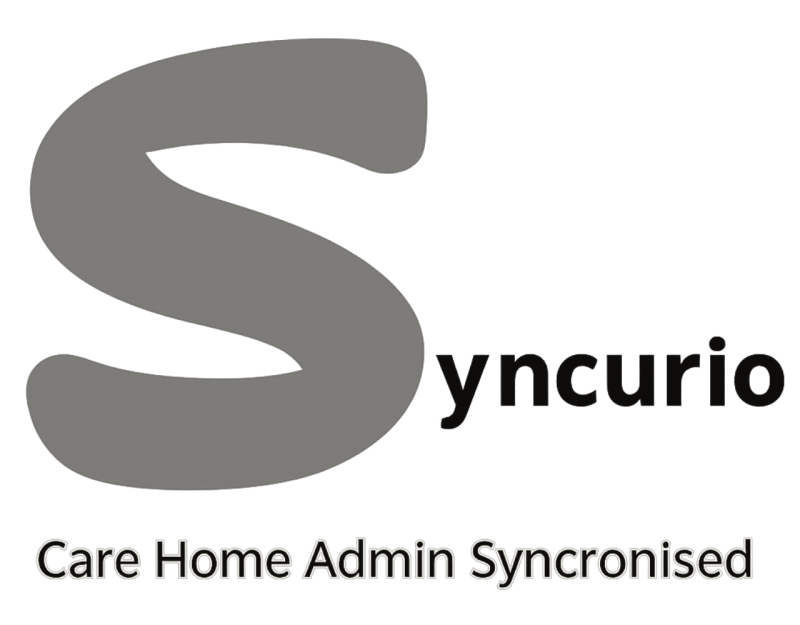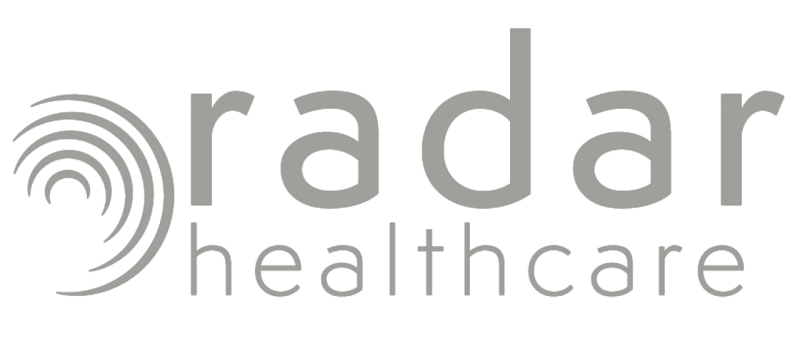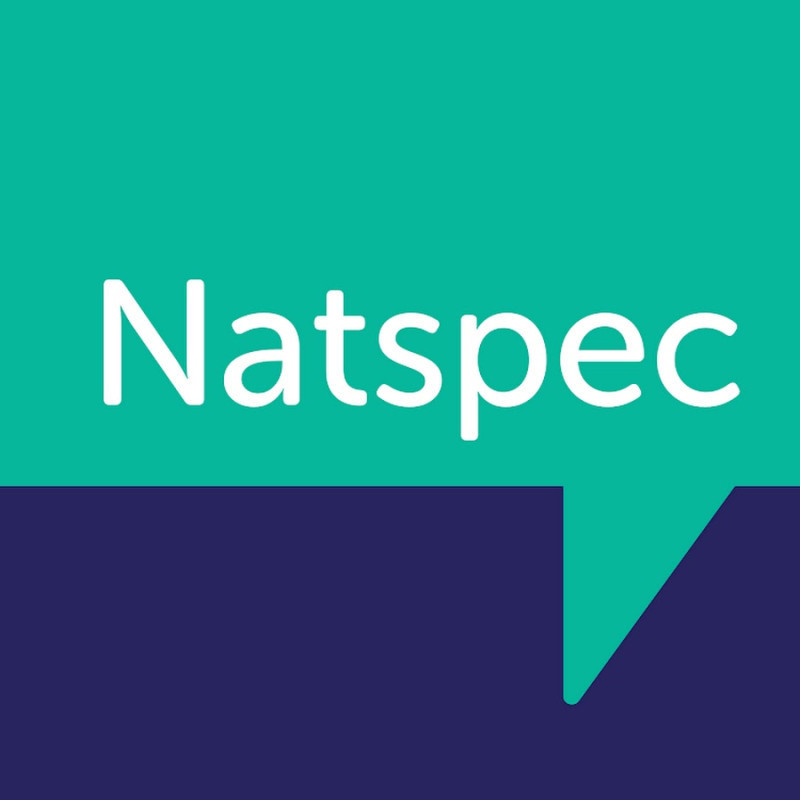Overview
Headquarters: London, United Kingdom
Primary Function: Family Carers (Support and Care Management); Care Matching
Core Product: KareHero (care concierge platform for employees and families)
Introduction
KareHero is a UK‑based care concierge platform designed to support employees with adult care responsibilities. It provides one‑on‑one consultations, on‑demand resources, chat support with care coordinators, and live events, helping families navigate the complex world of social care.
Founded to address the growing challenge of unpaid caregiving in the UK, KareHero recognises that 1 in 5 people are carers, and that caregiving responsibilities are a leading cause of workplace stress, absenteeism, and attrition. By offering a structured, employer‑sponsored benefit, KareHero helps employees balance work and caregiving, while giving organisations a way to improve retention, wellbeing, and productivity.
KareHero’s mission is to “simplify care and empower families”, reflecting its dual focus on compassionate support and practical guidance. Its services are delivered by a team of care experts who provide personalised advice on funding, care options, and legal matters, supported by a digital platform that makes resources accessible anytime.
User Feedback: Strengths and Weaknesses
Feedback for KareHero comes from Trustpilot testimonials, Reviews.io (via CareSourcer under KareHero, 4.8/5, 251 reviews), employer case studies, and sector partnerships (e.g., St. James’s Place, The Personal Group). Overall, sentiment is strongly positive, though some caveats are noted.
Positive Feedback
Compassionate and expert support
Families consistently praise KareHero’s care experts for their empathy, knowledge, and professionalism. Testimonials describe advisers as “compassionate, knowledgeable, and reassuring”.
Clarity and confidence
Users highlight the reassurance of receiving clear, personalised advice. One carer noted: “Helped me to feel more confident in dealing with the funding arrangements for my mum’s care. Clear, honest, professional advice.”
Time savings
Families report that KareHero helps them navigate care options quickly, often securing placements or care packages within 24–48 hours.
Employer impact
HR leaders describe KareHero as transformative. A FTSE100 company director commented: “Employees have been gobsmacked at what is on offer for them. They can immediately get the support they need.”
Financial guidance
Users value KareHero’s expertise in identifying funding entitlements and benefits, with the platform helping families uncover over £8 million in untapped care funding.
Peace of mind
Financial advisers and insurers highlight KareHero’s role in providing reassurance. One adviser noted: “What KareHero really does is give our clients peace of mind. And for that, it’s worth its weight in gold.”
Accessibility
The mobile app (available on Google Play) provides carers with unlimited 1:1 chats and calls with care experts, digital assessments, and access to vetted care providers.
Negative Feedback and Caveats
Employer‑only access
KareHero is available only through participating employers, insurers, or financial advisers. Employees without access cannot subscribe directly.
Awareness and promotion
Some employees report not being aware of the benefit until prompted, suggesting employers need to promote it more actively.
Digital literacy
A minority of carers with limited digital skills may find the app challenging, though KareHero provides phone‑based support.
Scope of advice
While comprehensive, KareHero does not replace professional legal or medical services. Some users would prefer more direct integration with these.
Regional variations
Availability of certain care providers and services varies by region, though KareHero’s national network is expanding.
In summary, user sentiment is strongly positive around compassionate support, clarity, and employer impact, while challenges include access limitations, awareness, and scope of advice.
Products and Capabilities
Care Concierge Service
One‑on‑one consultations with care experts
Guidance on care options, funding, and legal matters
Support available via phone, chat, and video
Digital Platform and App
Unlimited 1:1 chats and calls with care experts
Personalised action plans for carers
Digital “gold standard” care assessments
Access to vetted care providers
On‑demand resources, webinars, and articles
Employer Benefits
Co‑branded platform for employees
Reporting dashboards for HR teams
Supports compliance with the Carer’s Leave Act (2024)
Improves retention, reduces absenteeism, and enhances wellbeing
Family Support Tools
Funding advice: Identifies entitlements and benefits
Care search and placements: Helps families find care quickly
Legal support: Guidance on power of attorney and wills
Wellbeing resources: Stress management and resilience support
Partnerships
Integrated into employee benefits platforms (e.g., Zest, The Personal Group)
Partnered with St. James’s Place to provide care concierge services for clients
Interoperability and Standards
KareHero is designed as a secure, scalable platform, with:
GDPR compliance: Encryption, secure hosting, and audit trails
Accessibility: Mobile‑friendly app with inclusive design
Integration with HR systems: Available via benefits platforms
National coverage: Access to vetted care providers across the UK
Market Position
KareHero operates primarily in the UK, serving:
Employers: Organisations seeking to support staff with caregiving responsibilities
Employees: Individuals balancing work and care for elderly or disabled relatives
Financial advisers and insurers: Offering care concierge as part of client services
It differentiates itself through:
Employer‑sponsored model: Framed as a workplace benefit
Comprehensive coverage: Consultations, resources, funding advice, and legal guidance
Financial impact: Helps families uncover untapped funding
Gender equality impact: Addresses the disproportionate impact of caregiving on women
Scalability: Supports over 1 million families
Competitors include Seniorcare by Lottie, Yurtle, and Mobilise. KareHero positions itself as the employer‑sponsored, concierge‑style alternative, particularly attractive to organisations seeking to reduce absenteeism and improve DE&I outcomes.
Implementation and Support
KareHero emphasises a collaborative onboarding process, with:
Employer consultations and co‑branded platform setup
Manager training and resources
Employee launch campaigns
Ongoing account management and reporting
For employees, support includes:
24/7 access to the app and care experts
Personalised action plans and resources
Ongoing guidance throughout the care journey
Security and Data Protection
KareHero prioritises data security through GDPR compliance, ensuring personal and health information is managed lawfully and responsibly. The platform employs encryption and secure hosting to protect data in transit and at rest, while role‑based access controls restrict visibility to authorised users only. In addition, audit trails and accountability logs provide transparency over system activity, supporting governance, oversight, and accountability.
Together, these measures create a secure framework that helps providers maintain compliance, safeguard sensitive data, and build confidence in the platform’s reliability for care management.
Conclusion
KareHero is a pioneering UK care concierge platform, offering a comprehensive solution for employees balancing work and caregiving responsibilities. Its strength lies in combining compassionate, expert support with digital accessibility, enabling families to navigate care with confidence while helping employers improve retention and wellbeing.
User feedback consistently highlights empathy, clarity, and employer impact, while challenges include access limitations, awareness, and scope of advice.
For employers, KareHero represents a high‑impact employee benefit that reduces absenteeism, improves retention, and enhances DE&I outcomes. For employees, it provides reassurance, guidance, and practical support during one of life’s most stressful challenges.
As the UK faces a demographic shift with rising eldercare responsibilities, KareHero’s emphasis on concierge support, financial guidance, and employer integration positions it as a key player in the future of workplace wellbeing and family care support.
References
KareHero – Official Website https://www.karehero.com/
St. James’s Place – Care Concierge Service (powered by KareHero) https://www.sjp.co.uk/individuals/advice-and-products/later-life-planning/social-care-planning/care-concierge-service
Google Play – KareHero App Overview https://play.google.com/store/apps/details?id=com.karehero.app
Reviews.io – CareSourcer under KareHero Reviews https://www.reviews.io/company-reviews/store/caresourcer-com1

